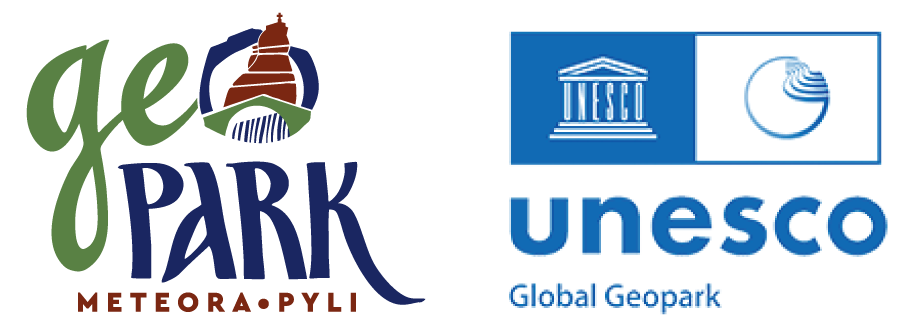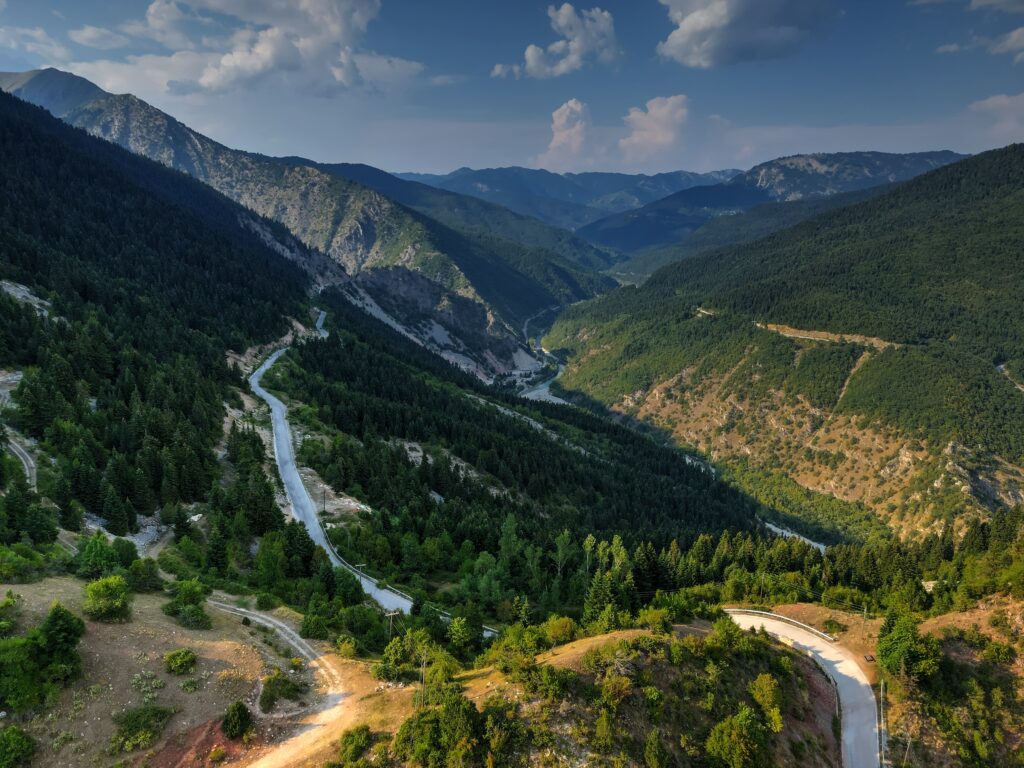The article below explores the Aspropotamos region, a mountainous area on the border of the Trikala and Ioannina prefectures, characterized by fir forests, running waters, and picturesque Vlach villages. The author observes the smoking chimneys as an indication of the people who remain in the area during the winter. Although one might expect significant depopulation due to urban migration, many residents still live there, and if schools existed, more young people would likely settle permanently.
The Vlach tradition is closely tied to transhumant livestock farming, logging, and trade. In the past, they would descend to the plains in autumn along the Vlach migration routes, taking their livestock and household belongings. The institution of the village guardian, who ensured the safety of abandoned homes, has declined since the 1990s, but some individuals continue to voluntarily maintain and protect the villages.
Aspropotamos is an area of exceptional natural beauty, featuring traditional settlements, dragon lakes, impressive rivers, and hiking trails leading to the peaks of Lakmos (Peristeri) and the Athamanian Mountains. It includes villages such as Chaliki, Kallirroi, Katafyto, Kranea, Anthousa, and more. The region’s environment is protected as part of the Tzoumerka – Achelous – Agrafa – Meteora National Park.
The locals are engaged in livestock farming and logging, with some families still preserving their traditional way of life. Meanwhile, young people are making efforts to revitalize the villages through local initiatives. Despite challenges such as the destruction caused by the Daniel storm in 2023, the inhabitants continue to resist depopulation and fight to protect their natural environment from large-scale wind and hydroelectric projects.
The article presents a narrative exploration of the landscape, the way of life, and the traditions of the people of Aspropotamos, blending historical insights, natural beauty, and contemporary social issues.
Read the full article here

